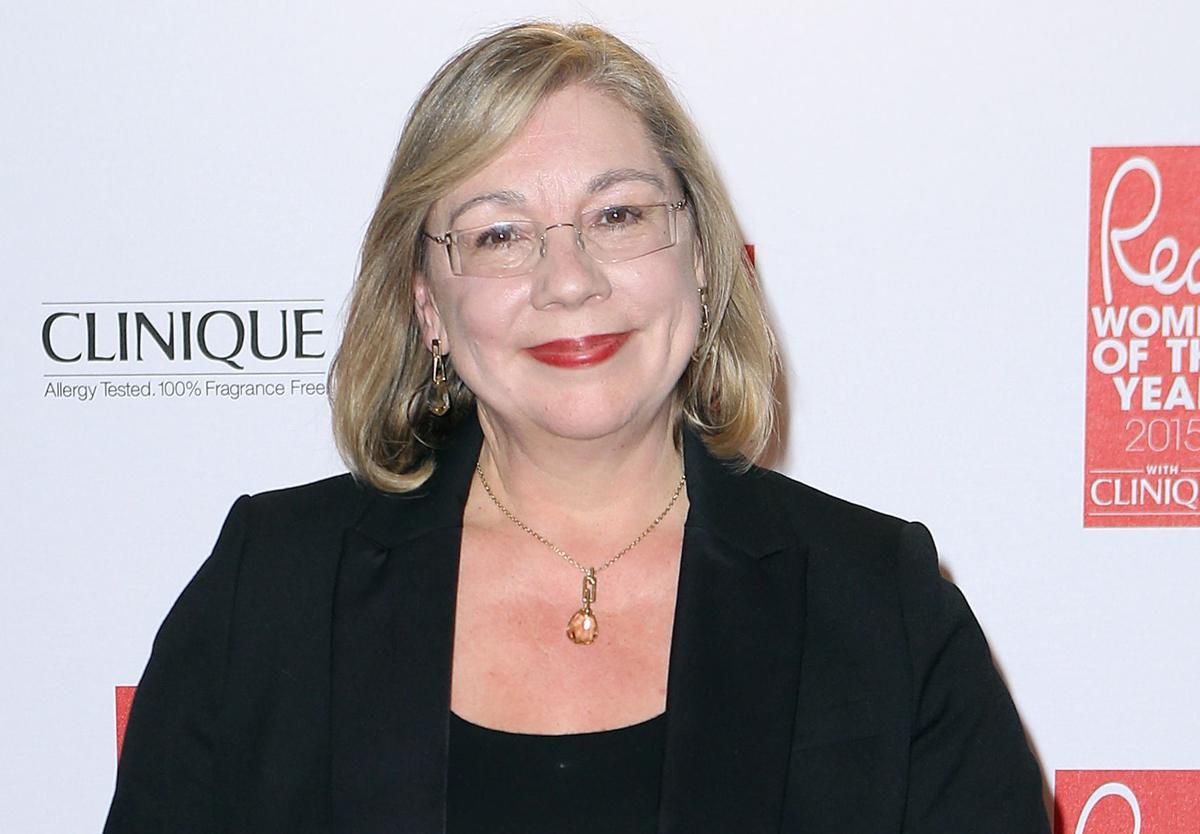see all jobs
NGB funding system overhauled by Sport England
Sport England has scrapped its Whole Sport Plan method of funding national governing bodies (NGB) in favour of creating a contestable pot of just over £300m.
Organisations such as the Football Association (FA) and the England and Wales Cricket Board (ECB) will now have to bid for funds based on what they think they can – and want to deliver – rather than just being awarded money to “be responsible for everybody” who takes part in the sport.
The government’s grassroots funding partner has set aside 29 per cent of its total £1.059bn (US$1.54bn, €1.37bn) grant income – approximately £307.1m (US$447.9m, €397.5m) – over four years to fund NGBs’ “core market”, which consists of them working with talent, people and organisations already involved in the sport.
The overall figure is substantially down on the £493m (US$719m, €638.2m) Sport England earmarked for Whole Sport Plan funding between 2013-2017, which allocated a set amount of money for each NGB over the course of Sport England’s four-year cycle.
However, chief executive Jennie Price said NGBs were encouraged to bid for further funding if they believe they can contribute to the measured outcomes of the government’s Sporting Future strategy, such as an improvement in participants’ mental health or social cohesion.
Talking to Sports Management during the launch of Sport England’s own strategy – which sets out the quango’s blueprint for delivering on its responsibilities laid out by the government in Sporting Future – Price said that starting in December, Sport England was going to be “moving away from the idea that NGBs come to us once every four years for everything they do in their sport”.
“What we are going to do is have an initial conversation with NGBs about their talent and their core market, and there will be other areas we will work with them on,” said Price. “But we will develop that according to their sport, their strength, what their strategy is going forward, rather than saying ‘you’re responsible for everybody who plays your sport, tell us how you’re going to discharge that responsibility’.”
The Sport England chief said that while the dedicated NGB fund was less, the change in tact was something that the organisations “will welcome”, adding: “Lots of them – particularly smaller ones – have said to us actually reaching out to every conceivable participant is not what they’re about.
“We’ll work with them on their clubs and competitions, their talent pathways, and then maybe doing one or two specific projects where we think they can make a difference,” she added.
Stressing that no organisation would be “cut off at the knees”, Price emphasised the fact that Sport England would help NGBs diversify funding and become more commercial, shifting them away from their reliance on grants.
“Some of this is about doing what they do now differently and more efficiently,” she explained. “Some of it will be sharing services – there are four-five governing bodies in Loughborough. It’s about encouraging them to share some of their back office functions and run at lower costs.”
Read more on the Sport England strategy
• Hundreds of millions invested in location-based Sport England pilot
• Sport England readies £250m war chest to tackle inactivity epidemic• Small local facilities to benefit from increased Sport England support
More News
- News by sector (all)
- All news
- Fitness
- Personal trainer
- Sport
- Spa
- Swimming
- Hospitality
- Entertainment & Gaming
- Commercial Leisure
- Property
- Architecture
- Design
- Tourism
- Travel
- Attractions
- Theme & Water Parks
- Arts & Culture
- Heritage & Museums
- Parks & Countryside
- Sales & Marketing
- Public Sector
- Training
- People
- Executive
- Apprenticeships
- Suppliers
















































